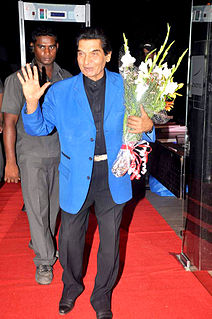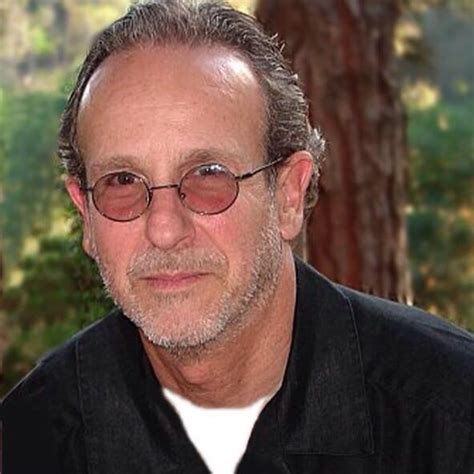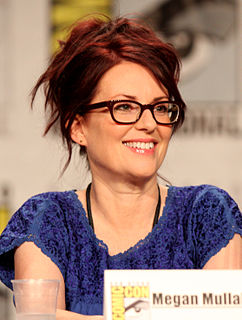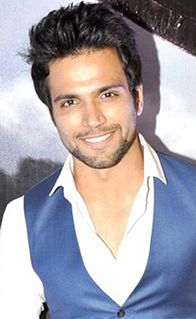A Quote by Lynn Coady
Audience participation can often inject a dose of adrenalin into your average dial-tone literary reading, especially if a handful of audience-members are mentally unhinged, and let's face it - you can always depend on at least one crackpot at these things.
Related Quotes
I make comedies and I always try... I don't try but I allow to have at least 5% of the jokes or have some jokes that I know will be understood by only about 5% of the audience. It's that guy in the corner who gets it and laughs. But he has to have his jokes too. That's part of my audience. Part of my audience is the people who will only get certain things.
As an actor, you should always keep your trump card hidden from your audience. I want the audience to keep expecting more and more from me. I want to do 'different' work - good and memorable roles - so that audience appreciate me more. That's why I love to surprise my audience with something they never expect me to do.






































